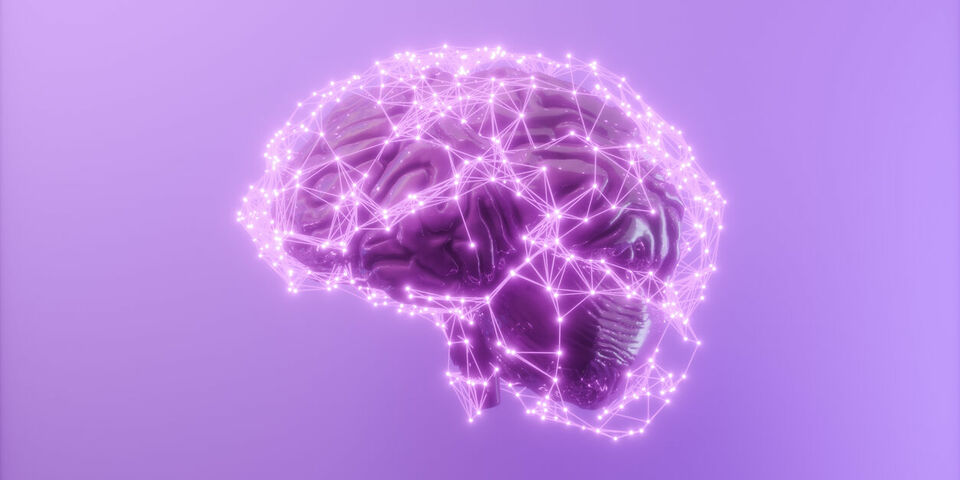160 million euros for brain disorders, blindness and energy storage
The Dutch government is making €160 million available for seven research projects. The projects are part of the Gravitation program, which is intended to ensure the Netherlands remains among “the world’s scientific top”, according to Robbert Dijkgraaf, Minister of Education, Culture and Science.
Established by the Ministry, the Gravitation programme funds research that an individual researcher would struggle to launch on their own. Each project is receiving tens of millions of euros in funding, spread over five to ten years. A committee of the Dutch Research Council (NWO), the leading science funding body in the Netherlands, carried out the selection process.
Two different proposals are receiving funding to probe deeper into the brain. One involves researchers examining proteins associated with diseases such as Alzheimer’s and Parkinson’s. In the other, a team of neurobiologists, chemists, psychiatrists and data scientists wants to discover what underlies psychiatric symptoms, including depression, anxiety and psychosis.
A third proposal is focused on preventing blindness caused by eye diseases. Funding is also being provided to researchers working on new forms of energy storage at the nanoscale and for cultural, social research on crises in society (project leader: terrorism expert Beatrice de Graaf). Research into cybersecurity and plant defence mechanisms has also been allocated funding.
Nanoscale
The proposals were submitted by ‘consortia’ with multiple researchers from various disciplines. The successful proposals were received from Utrecht University (two), the University of Amsterdam, Radboud University Nijmegen, Leiden University, Eindhoven University of Technology and Wageningen University & Research.


Discussion